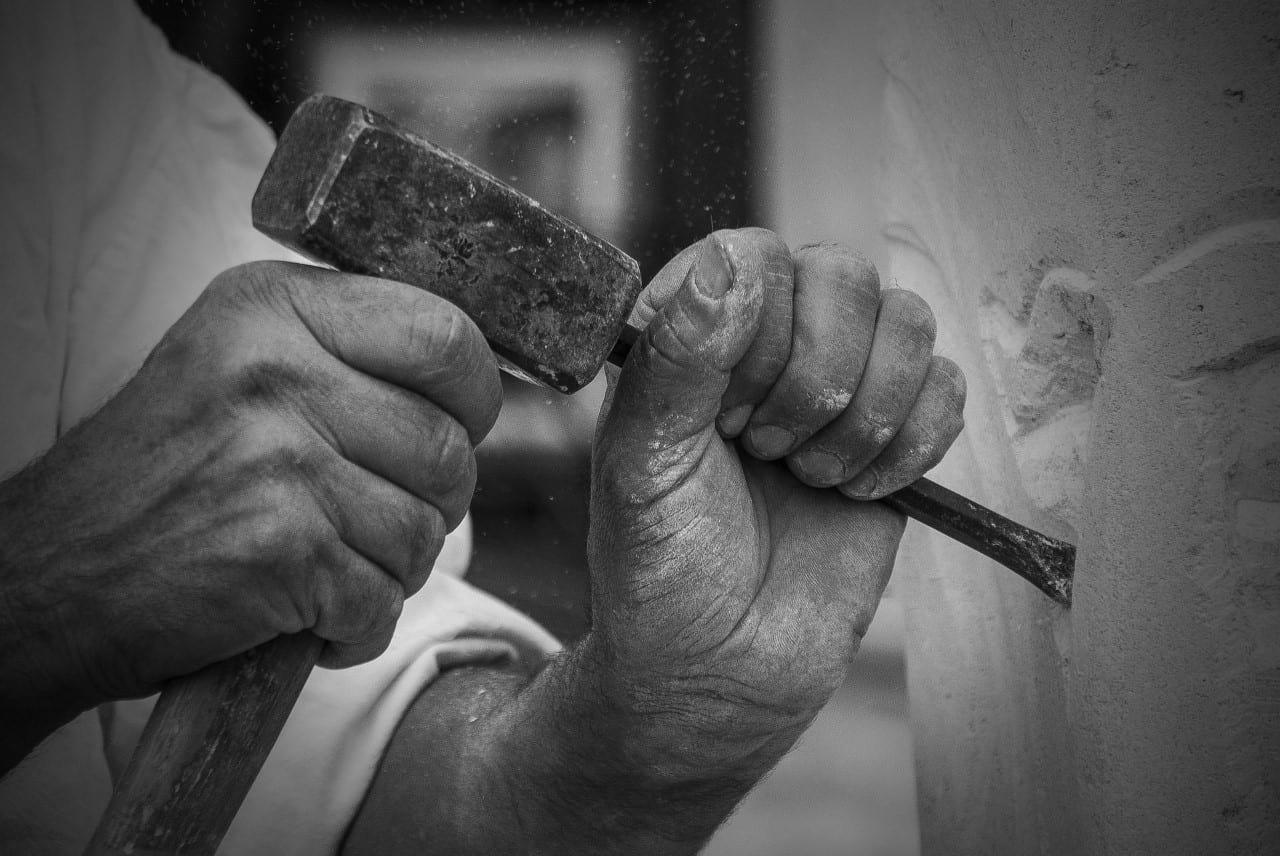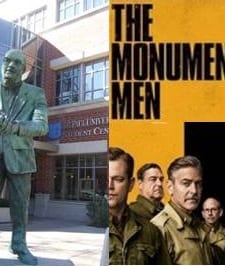
Recently, I rediscovered some previous research I had done about a relatively new concept known as job crafting.[1] This idea is highly relevant for our current realities in the world of work, including the challenge of finding work-life balance and infusing our work with a sense of meaning. Job crafting may be needed more than ever after these pandemic years and the concurrent shifting nature of the workplace.
In brief, the idea is that we can almost always find certain concrete ways to redesign and/or reimagine our work to make it more personally meaningful. Such redesigning or reimagining might be related to changing what you do or to reprioritizing how you spend your time, to the extent you have the power to do so. However, job crafting focuses more heavily on other aspects of work that are more likely to be in our control and that can make a significant difference in our ability to find meaning in our jobs. This might include how we go about our work, our workplace relationships, and how we think about our work. Making small changes to the tasks we perform and the way we go about them, as well as to our workplace relationships and to the way in which we cognitively frame or imagine our work can improve job satisfaction, motivation, performance, and well-being in the workplace.
Revisiting this idea of job crafting also drew me to some advice from our beloved Vincent de Paul. He told those in the Congregation of the Mission to reframe their busy lives in a way that gives their activities a deeper sense of purpose:
“But, Monsieur, there are so many things to do, so many house duties, so many ministries in town and country; there’s work everywhere; must we, then, leave all that to think only of God?” No, but we have to sanctify those activities by seeking God in them, and do them in order to find [God] in them rather than to see that they get done [Emphasis added].[2]
Vincent’s advice invites a certain intentionality, depth, and meaning to simple everyday duties by framing them as opportunities to find God, rather than just as tasks to get done. His words help to sanctify the ordinary, as he invites his followers to enter into a way of thinking about their work that can change it from burdensome drudgery to purposeful opportunity.
The idea of job crafting as well as Vincent’s words invite us to renew our understanding of our work in order to move beyond a focus only on the completion of tasks and responsibilities. Instead, we should consider the way in which we go about our work, the quality and depth of our presence and relationships with others in the workplace, and the vision that guides us in doing all we do.
An often-shared piece of folk wisdom tells the story of three bricklayers engaged in the same work. When asked what they were doing, the first person said they were laying bricks. The second said they were putting up a wall. But the third said they were building a cathedral. I believe this third bricklayer’s sense of perspective beyond the task at hand almost certainly resonates with finding satisfaction by understanding the bigger picture.
How are you going about—and thinking about—your work these days? How might it connect to your deeper sense of purpose or vocation, whether through (a) the way in which you do your work; (b) the way you relate with people in the workplace; or (c) the way in which you envision your work?
Reflection by: Mark Laboe, Associate Vice President, Mission and Ministry
—
[1] For more on the idea of job crafting, see: J. M. Berg, J. E. Dutton, and A. Wrzesniewski, “Job Crafting and Meaningful Work” in B. J. Dik, Z. S. Byrne, and M. F. Steger, eds., Purpose and Meaning in the Workplace (Washington, DC: American Psychological Association, 2013), 81–104; and a YouTube Video about Job Crafting by Amy Wrzesniewski, Yale University: https://www.youtube.com/watch?v=_WEArwy316c.
[2] Conference 198, “Seeking the Kingdom of God (Common Rules of the Congregation of the Mission, Chap. II, Art. 2),” February 21, 1659, CCD, 12:111–12. Available at: https://via.library.depaul.edu/vincentian_ebooks/36/.
